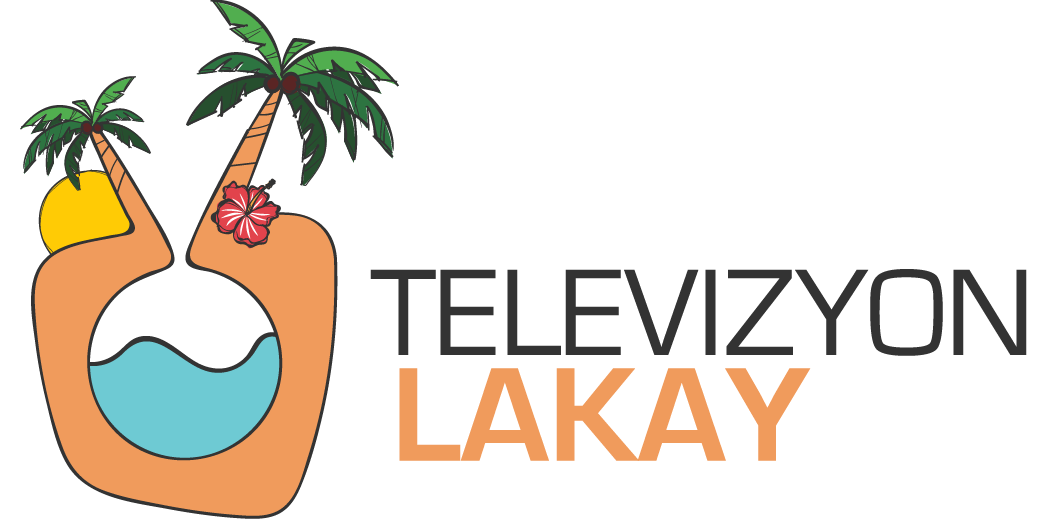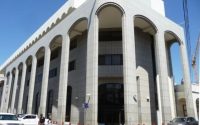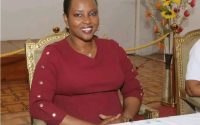BREAKING: World Court rules Venezuela must not take any action over Guyana’s Essequibo region
 neil@newsroom.gy
neil@newsroom.gy
The World Court on Friday ruled that Venezuela should not take any action to seize control of Guyana’s Essequibo region.
President Dr Irfaan Ali hailed the ruling and declared that Guyana’s borders will be secured and the country will come off victorious in its quest for a final, legally binding ruling at the court, which is officially known as the International Court of Justice (ICJ), the principal judicial organ of the United Nations.
Judge Joan E. Donoghue, President of the Court, read the Court’s Order. She said the provisional measures are binding and imposes a legal obligation for the court’s decision to be respected.
Guyana asked the Court to rule that Venezuela should seek to:
- Question the legal validity and binding effect of the 1899 Award which settled the border of the two countries
- Question the sovereignty over the territory between the Essequibo River, and the boundary established by the 1899 Award and the 1905 Agreement after the boundary line was drawn
- Or seek to create the State of ‘Guayana Esequiba’, as it is doing, and any associated measures, including the granting of Venezuelan citizenship and national identity cards.
 100vw, 790px” data-recalc-dims=”1″></a><figcaption class=) Judge Joan E. Donoghue, President of the Court, read the Court’s Order
Judge Joan E. Donoghue, President of the Court, read the Court’s OrderThe ruling for provisional measures did not mention the referendum set for December 3, 2023, but it accepted Guyana’s argument that a real and imminent danger exists to the exercise of its sovereignty over the Essequibo region and hence its order for Venezuela not to take any action to modify the status quo, that is, Guyana’s exercise of its right over the region as handed down by the arbitral award.
The Court noted statements by Venezuela’s President Nicolas Maduro and others that it will not turn its back on the results of the referendum, which seeks to annex the Essequibo region.
And hence, the Court accepted Guyana’s arguments of the risk posed to its territory and ruled that Venezuela shall not take any actions that are intended to prepare or allow the exercise of sovereignty or de facto control over any territory that was awarded to British Guiana in the 1899 Arbitral Award.
Guyana had moved to the World Court to seek protection, saying that even before the Court rules on the central issue before it, namely the legality of the borderline drawn over a century ago, Venezuela was seeking to annex the Essequibo region. The region covers two thirds of Guyana which is prized for its rich rainforest and gold and diamond reserves.
Guyana believes the referendum is a rubberstamp for decisions already made by the highest officials of the Venezuelan government.
Guyana further argued that it risks irreparable harm or permanent loss of its territory if the referendum, in its present form, goes ahead and Venezuela takes action to annex the Essequibo region.
During hearings before the World Court two weeks ago, Paul Reichler, one of the most eminent lawyers with extensive experience litigating on behalf of Sovereign States, presented evidence to the Court in which Venezuela is preparing to take military action to enforce the outcome of its referendum.
He played a video of the Venezuelan military developing an airstrip it says it will use to “serve as a logistical support point for the integral development” of the Essequibo region.
With the Venezuelan Vice President Delcy Rodriguez just a few feet away from him on the left, Mr Reichler told the Court that the referendum is no mere means by which Venezuela seeks to assess public opinion. Rather, he argued, the referendum is a “license” to act on decisions it has already made to assert and enforce its claim of two-thirds of Guyana’s territory – territory which it had ratified in law as being Guyanese after the borders were marked in 1905 following an arbitral award six years earlier.
In September 2015, Guyanese authorities also said the Venezuelan army was up the Cuyuni River, in the northwest of the country that borders Venezuela.
An agreement reached in Geneva on February 17, 1966, allowed for the United Nations Secretary-General to determine a resolution to the controversy, and dialogue and talks ensued for decades.
In mid-February 2017, the new UN Secretary-General António Guterres appointed Dag Halvor Nylander of Norway as his Personal Representative on the Border Controversy, in a final effort at dialogue to settle the matter. That failed.
On January 31, 2018, the UN Secretary-General referred the matter to the ICJ.
Upon that referral Guyana, in March 2018, moved to the court for a full and final settlement to Venezuela’s rejection of the arbitral award which settled the boundaries of the two countries 124 years ago. Venezuela has refused to recognise the right of the court to determine the case.
The first step was to establish jurisdiction, whether the court can rule on the case and it did so on April 6 this year. While boycotting much of the procedure, Venezuela tried to stop the case from moving forward by arguing the United Kingdom should be involved as Guyana was a British colony in 1899, but judges rejected that reasoning and said they had jurisdiction.
The World Court by 14 votes to 1, rejected the preliminary objection raised by Venezuela.


